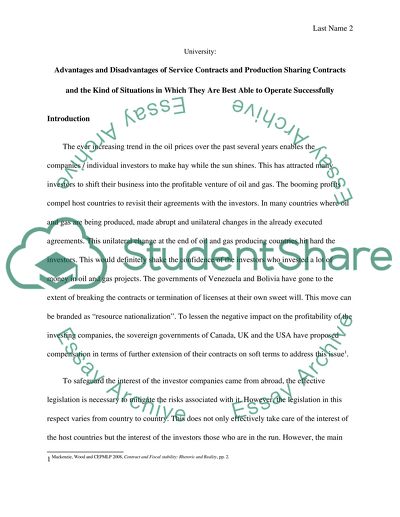Cite this document
(“Advantages and Disadvantages of Service Contracts and Production Essay”, n.d.)
Retrieved from https://studentshare.org/law/1440652-consider-the-advantages-and-disadvantages-of
Retrieved from https://studentshare.org/law/1440652-consider-the-advantages-and-disadvantages-of
(Advantages and Disadvantages of Service Contracts and Production Essay)
https://studentshare.org/law/1440652-consider-the-advantages-and-disadvantages-of.
https://studentshare.org/law/1440652-consider-the-advantages-and-disadvantages-of.
“Advantages and Disadvantages of Service Contracts and Production Essay”, n.d. https://studentshare.org/law/1440652-consider-the-advantages-and-disadvantages-of.


